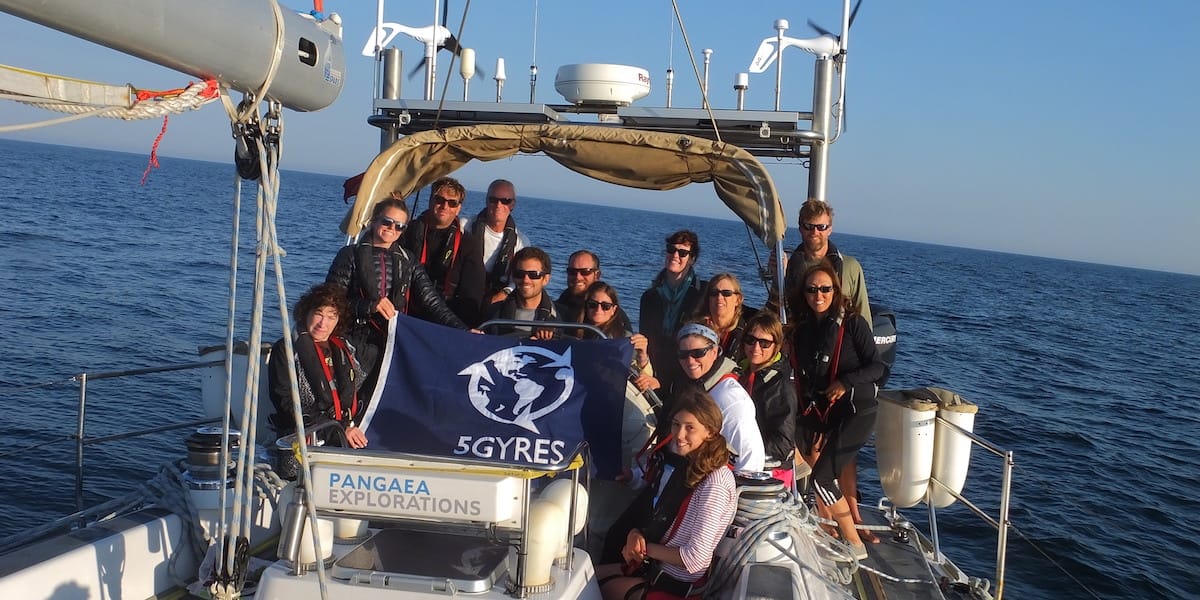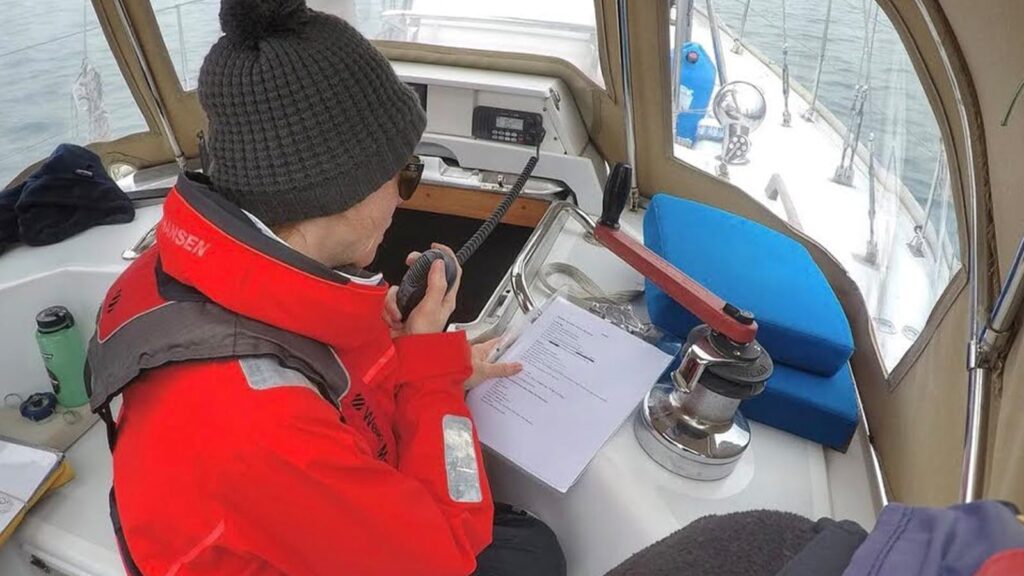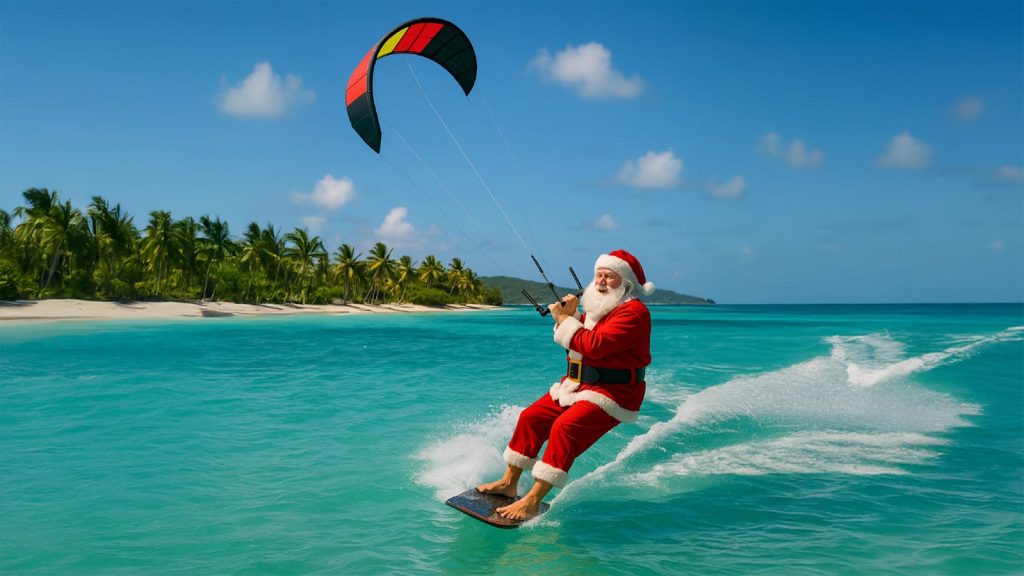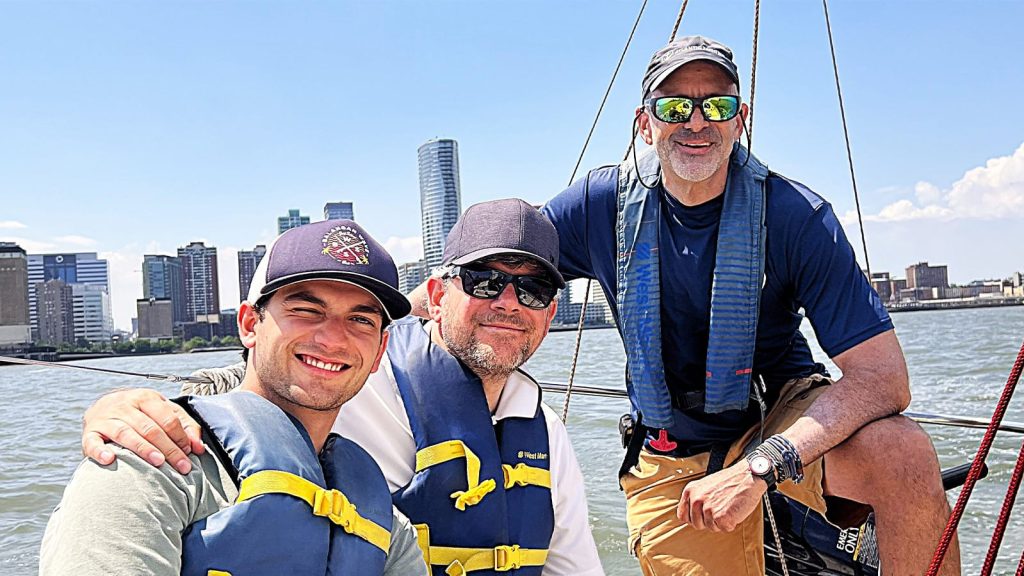Sailors in every corner of the world are taking the ocean’s plastic problem into their own hands, or rather, into their own nets. Balloons, bags, bottles, ghost nets, and all kinds of plastic trash are being pulled out of the water by boaters everywhere, but what if we could do something more with all that trash?
This is where 5 Gyres comes in. Named after the five swirling masses of plastic “soup” in the world’s oceans, 5 Gyres is a science-to-solutions organization collecting data on the millions of tons of plastic out in the big blue and using the results to pass plastic bans and hold the producers accountable.
I got to catch up with their Advocacy and Education Director, Melissa Aguayo, to learn more about what 5 Gyres is up to and how sailors can get in on the action.
Interview with Melissa Aguayo, 5 Gyres Institute
5 Gyres: Growing up I never really considered myself or my family “environmentalist” until I got to college at UCLA. I was pre-med and wasn’t very passionate about the work I was doing, but I got involved with environmental student activism and loved it. I started doing education and outreach for a sustainable living program, and through that work, I discovered my family actually were environmentalists: I’m first-generation Mexican-American and so much of our culture is centered around conserving resources and taking care of the planet.
Working for 5 Gyres is actually kind of full circle for me as I first started learning about the ocean plastic issue through their work!
5 Gyres: I have not been on a full-on expedition yet, but I’m excited to say I will be going on an expedition to the Galapagos Islands soon! I have gone on a few mini-expeditions through our “Mi Mar” program, where we take high school students on the water to do microplastic sampling with our Mantra trawls. The program culminates with them coming up with solutions that they could do at home. One group of students were actually able to make a change at their school: after their field trip, they were angry to notice their cafeteria was using single-use plastic utensils. They took it up with the administration and sure enough, they succeeded in diverting over 200,000 plastic utensils per year from the landfill!
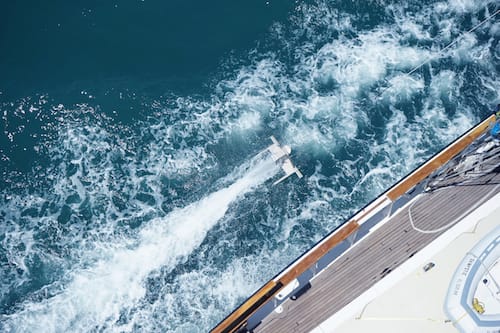
Traditionally we have been bringing the data home, but with Trash Blitz we are hoping to implement solutions in the regions that we are visiting. If we can empower these local partners with data, then they can implement meaningful solutions on the ground. It’s much better to come in as an ally rather than telling people what they need to do from an outside perspective.
5 Gyres: We have our ongoing global ambassador network with over 750 people all throughout the world who are doing incredible work in their communities. We provide resources especially for our ambassadors like monthly webinars and presentations they can use to educate people about plastic in their own networks. I think sailors, surfers, and divers all have this natural desire to protect what they love.
What’s great about this program is that it’s also a fit for people who may not live near the ocean but share the passion for the water- so we provide guidance and a way to connect with other passionate people. Our ambassadors are an embodiment of the message “think global: act local.” This is a global issue and we have to keep that in mind, but you know your own region better than anyone else. So our ambassadors know what’s going to work best for their communities.

